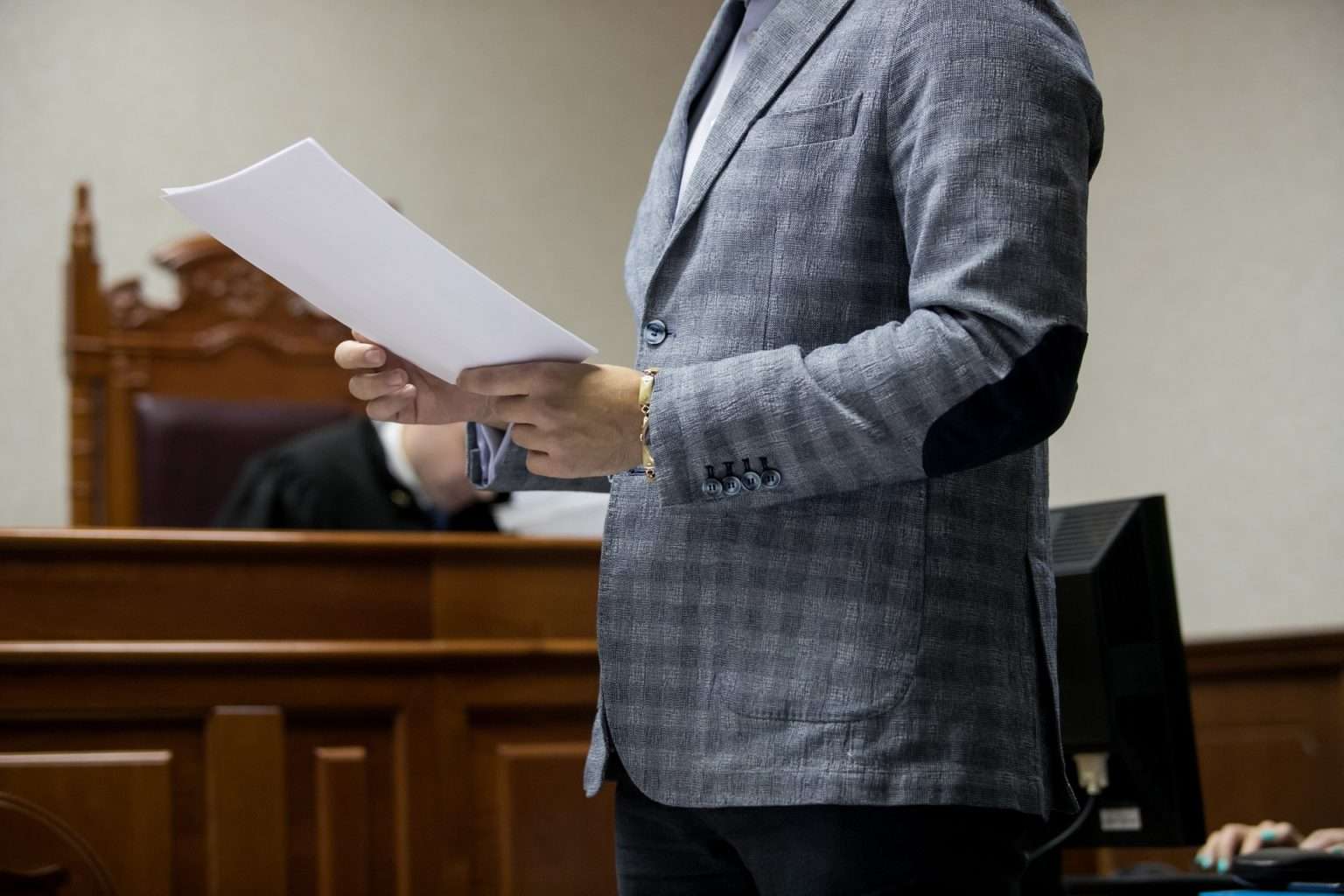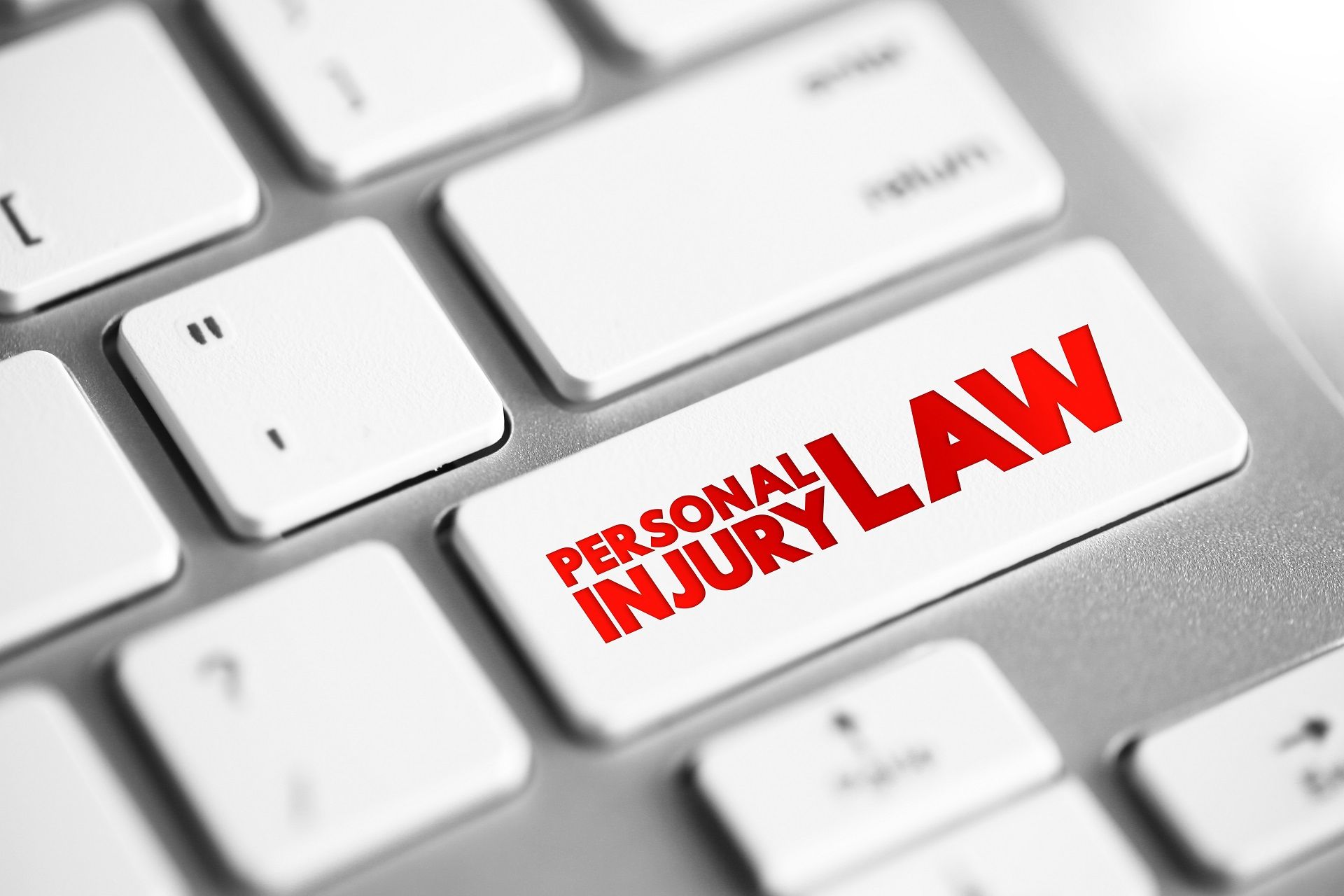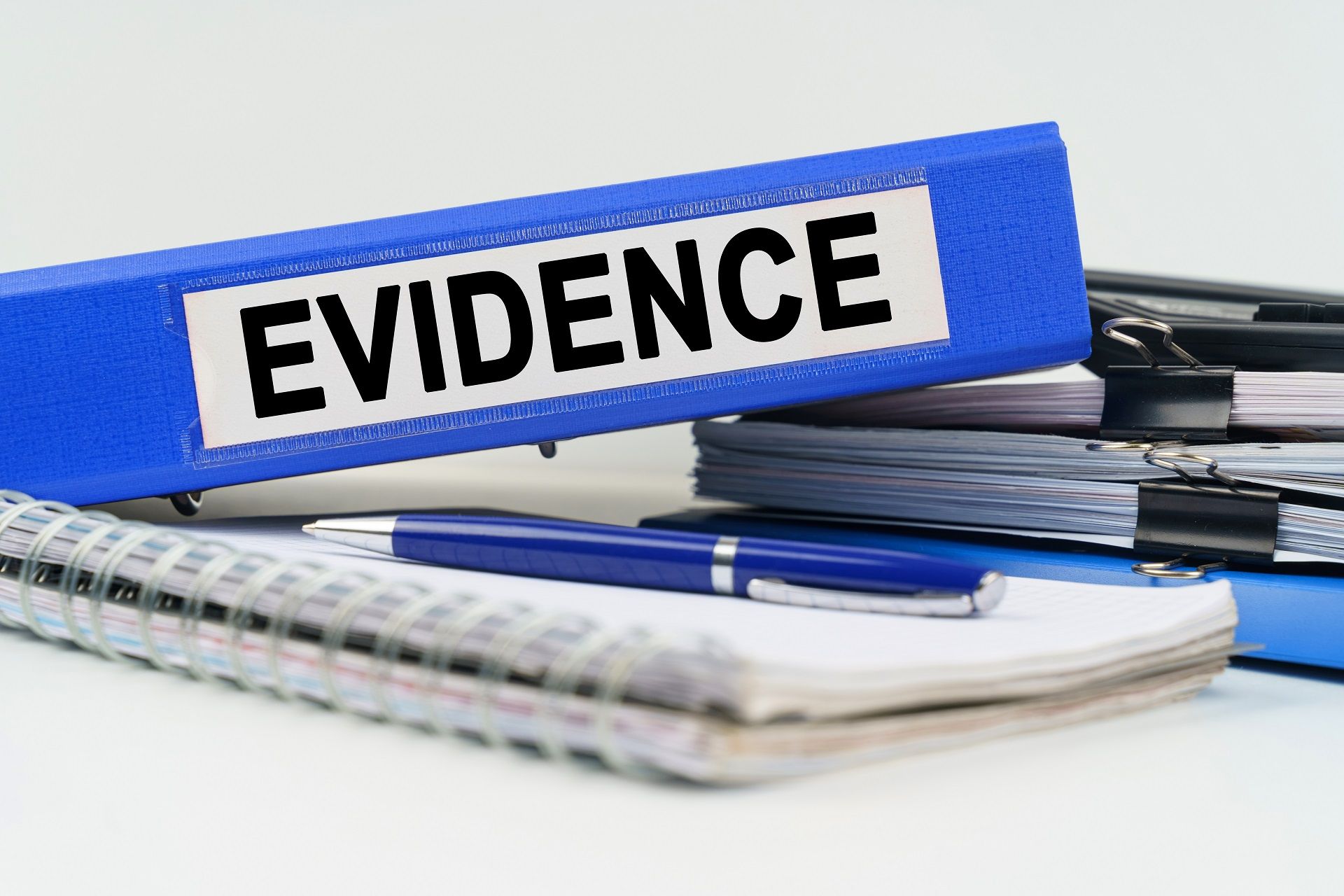The “Credibly Established Limitations” Standard for Vocational Experts at SSDI Hearings

The title “vocational expert” may not immediately convey precisely what a person with that title does for a living. You know that it has something to do with jobs, or “vocations,” and the person must be pretty good at it because they are an “expert.” But it takes a little background to understand how important a vocational expert is when you have a disability claim.
In this article, we will discuss the role of a vocational expert in a Social Security disability insurance (SSDI) hearing and also discuss, in some detail, how a vocational expert would typically testify under the “credibly established limitations” standard.
If, after reviewing this article you have additional questions or need a vocational expert at your SSDI hearing we invite you to contact us at Occupational Assessment Services, Inc. – OAS.
We are one of the most experienced employability and life care planning firms in the United States. To discuss your case, call us at 1-800-292-1919 , contact us at a location near you, or through our online form .
Vocational Expert Testimony – Some Basics
It is common for a vocational expert to testify at a hearing in which an Administrative Law Judge (ALJ) is called upon to decide a person’s disability insurance appeal. The vocational expert may be brought in by the plaintiff’s attorney (i.e., the attorney for the person seeking disability insurance), the attorney for the Social Security Administration (the party opposing the disability appeal), or most commonly the ALJ, who must ultimately decide the appeal.
Prior to the hearing, the vocational expert does a considerable amount of work to understand the nature of the plaintiff’s injuries and limitations. In addition, the expert researches the landscape of possible jobs in the market that would still be suitable for the plaintiff.
The vocational expert, then, comes to the hearing with the ability to inform the ALJ about whether, in the vocational expert’s opinion, someone with the plaintiff’s limitations could be employed in his or her prior job, or in a related job.
Questions as Hypotheticals
What is important to understand the vocational expert at an SSDI hearing, is that the expert is not presented with questions directly about the plaintiff, or his or her injuries. Rather, the vocational expert is asked hypothetical, “what if,” questions to inform the ALJ.
Specifically, as the Third Circuit Court of Appeals describes it (in the case of Podedworny v. Harris , 745 F.2d 210, 2018 (3d Cir. 1984)), the ALJ will normally ask the expert whether, given certain assumptions about the plaintiff’s physical capability, the plaintiff can perform certain types of jobs, and the extent to which such jobs exist in the national economy.
While the ALJ may suggest a variety of assumptions to the expert, the vocational expert’s testimony regarding a plaintiff’s ability to perform alternative employment may only be considered for purposes of determining disability if the question accurately portrays the plaintiff’s individual physical and mental impairments .
In other words, an ALJ may ask a question like “if a person suffers daily asthma attacks, and testing showed that he had a moderate obstruction of his airways, would he be able to continue working in the position of fast food cook.” The expert would then answer the hypothetical, focusing on a “hypothetical person” with the suggested condition, rather than having a direct question and answer about the plaintiff specifically.
Why the hypothetical? The reason is that the vocational expert is an objective expert. He or she is knowledgable about the ability for someone to work based on physical and mental limitations. Thus, the expert’s testimony should be focused on his or her knowledge, and the application of that knowledge, to certain scenarios that are related to the plaintiff’s situation. That is preferable, and assists in maintaining the expert’s objectivity, rather than have testimony specifically about the plaintiff, which would necessarily put the expert either “for or against” the plaintiff’s position.
The “Credibly Established Limitations” Standard
Now that we know vocational experts are called on to respond to hypotheticals. The next question is: how much of the plaintiff’s limitations must be considered by the expert?
In many cases, plaintiffs argue that they lost at their SSDI hearing because the vocational expert did not discuss every single limitation that the plaintiff claims to possess. However, courts generally hold that, in the SSDI hearing, the ALJ does not have to submit every impairment alleged by the plaintiff. Rather, the ALJ must accurately convey to the vocational expert all of the plaintiff’s credibly established limitations .
For a limitation to be “credibly established,” it must be medically supported and otherwise not disputed in the case. By contrast, a limitation that is medically supported but contradicted by other evidence may or may not be credible, and the ALJ can decide whether to credit such evidence.
In sum, most SSDI hearings will include testimony from a vocational expert, and the expert will normally be questioned in hypothetical form. The opinions the expert gives should generally be based on those limitations that have been “credibly established” in the record.
OAS Will Provide You With a Vocational Expert at Your SSDI Hearing
The vocational experts at Occupational Assessment Services, Inc. (OAS) have over forty years of experience providing vocational services for attorneys and documenting the income potential and employment capacity of underemployed, unemployed, and disabled spouses in many types of cases
OAS specializes in working with the plaintiff or defense attorney to assist in objectively documenting the economics in a case, and in acting as a vocational expert at SSDI hearings. From the initial referral to the trial testimony, OAS works with the retaining attorney so that the vocational assessment of the case can be objectively and efficiently presented.
We strongly believe in the importance of a clear and understandable presentation of the facts. OAS is the leading provider of Vocational Expert and Life Care Planning Services for Plaintiff and Defense attorneys.
The company specializes in assisting attorneys in evaluating earning capacity in divorce cases and documenting the damages in cases where an individual has been severely injured by providing objective findings on how the injuries affect a persons’ ability to work and earn money, as well as the cost of care required in catastrophic injuries.
OAS is your Vocational Expert & Life Care Planner Nationwide, with offices in New York, New Jersey, Connecticut, Pennsylvania, Georgia, Florida, Texas, Nevada, and California.
Occupational Assessment Services, Inc. is one of the most experienced employability and life care planning firms in the United States. To discuss your case, call us at 1-800-292-1919 , contact us at a location near you, or through our online form .
RECENT POSTS
CONTACT US
We will get back to you as soon as possible.
Please try again later.
Evaluation Request
Contact Us
We will get back to you as soon as possible.
Please try again later.
Contact
Contact Us
We will get back to you as soon as possible.
Please try again later.
All Rights Reserved.
This website is managed by Oamii.







